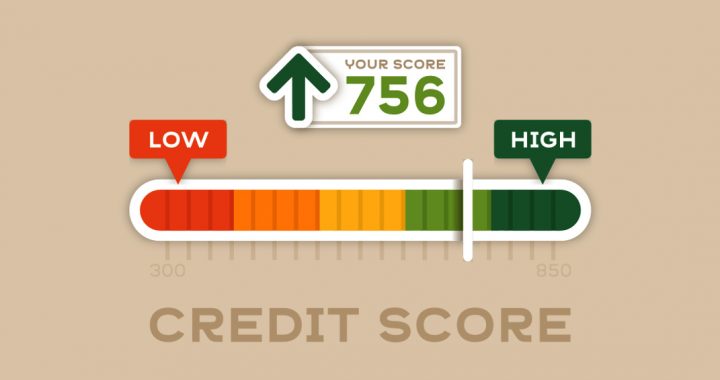5 Income Tax Changes effective April 1st
6 min readThe Union Budget for the financial year 2020-21 announced by the Finance Minister, Nirmala Sitharaman will be effective from April 1st. There are a new schemes and changes announced by the minister some are which are well welcomed and some criticized. Yet, all are announced with a greater good to boost the economy in unprecedented scenarios such as COVID-19 which is hindering the economic progress.

With Covid-19 disrupting daily lives, some deadlines have been extended to provide some financial breathing space to public amid the Nation wide lock down. The deadline extension includes Income Tax Filing Extension to June 30th and linking of PAN and Aadhaar to the same date. And some of the changes that are sure to take place on April 1st are listed below.
1. Changes in Income Tax Rates Slab
The Newly announced Tax slabs have come into effect from April 1. However, the existing tax slabs will also remain in effect and taxpayers are free to choose between the old and the new tax slabs, as per their convenience.
| Income | Earlier Tax Rate | New Tax Rate |
| Rs.0 – Rs.2.5lakhs | Exempted | Exempted |
| Rs2.5lakhs – Rs.5lakhs | 5% | Exempted |
| Rs.5lakhs – Rs.7.5lakhs | 10% | 20% |
| Rs.7.5lakhs – Rs.10lakhs | 15% | 20% |
| Rs.10lakhs – Rs.12.5lakhs | 20% | 30% |
| Rs.12.5lakhs – Rs.15lakhs | 25% | 30% |
But the most important thing under new regime to consider here is – If one opts for the new tax slabs, they should have to give up on a lot of existing deductions. Hence, they will not be able to lessen the taxable income which was done under standard deduction, such as Section 80C exemptions, exemptions on house rent allowance, leave travel allowance (LTA) and the deduction on interest paid on Home loans.
Hence, the new tax regime will mostly provide benefit to the young taxpayers as they do not have many investments such as home loans, insurance, tuition fees of children, etc.
2. Dividends taxable at Recipient’s Hands
Reviewing the budget speech, one can understand that the Dividend Distribution Tax is set to be abolished on the next financial year. Up until now Dividends received as part of Equity Shares, Mutual Funds, etc were taxed as Dividend Distribution Tax in the hands of the Company. But, from the following Financial Year, the dividends are taxed at the hands of the Recipient at the existing Income Tax Rates.
3. Tax-Free ESOP for Startup Employees
As per the new rules announced in the union budget, startup employees get an exemption from paying taxes on the shares allotted under the ESOP (Employees Stock Ownership Program) scheme.
4. Relief for First Time Home Buyers
The new Income tax regime has given considerable relief to first-time home buyers. But this is only applicable for those who are buying house with a value up to ₹45 lakh for the first time. As per the new implemented rules, the government has extended the date for availing additional tax benefits by a year to March 31, 2021. Hence, the first home buyers will now be able to claim an additional tax deduction of ₹1.5 lakh on the interest on the Home Loan which is on the top of the existing deduction of ₹2 lakh.
Additional Reading: Buying a Flat? Understand How your ownership works!
5. Contribution above ₹7.5 lakhs in EPF and NPS to be taxable
If the employer’s contribution exceeds Rs.7.5 lakh in a financial year towards National Pension Scheme (NPS) and Employee Provident Fund (EPF), the amount will now be taxable. This particular change in tax rule will be applicable to both the old and new tax regime. But, it should be noted that if an individual opts for the new tax slabs, he can still claim an income tax deduction on employer contribution towards the employee’s NPS and EPF account.






